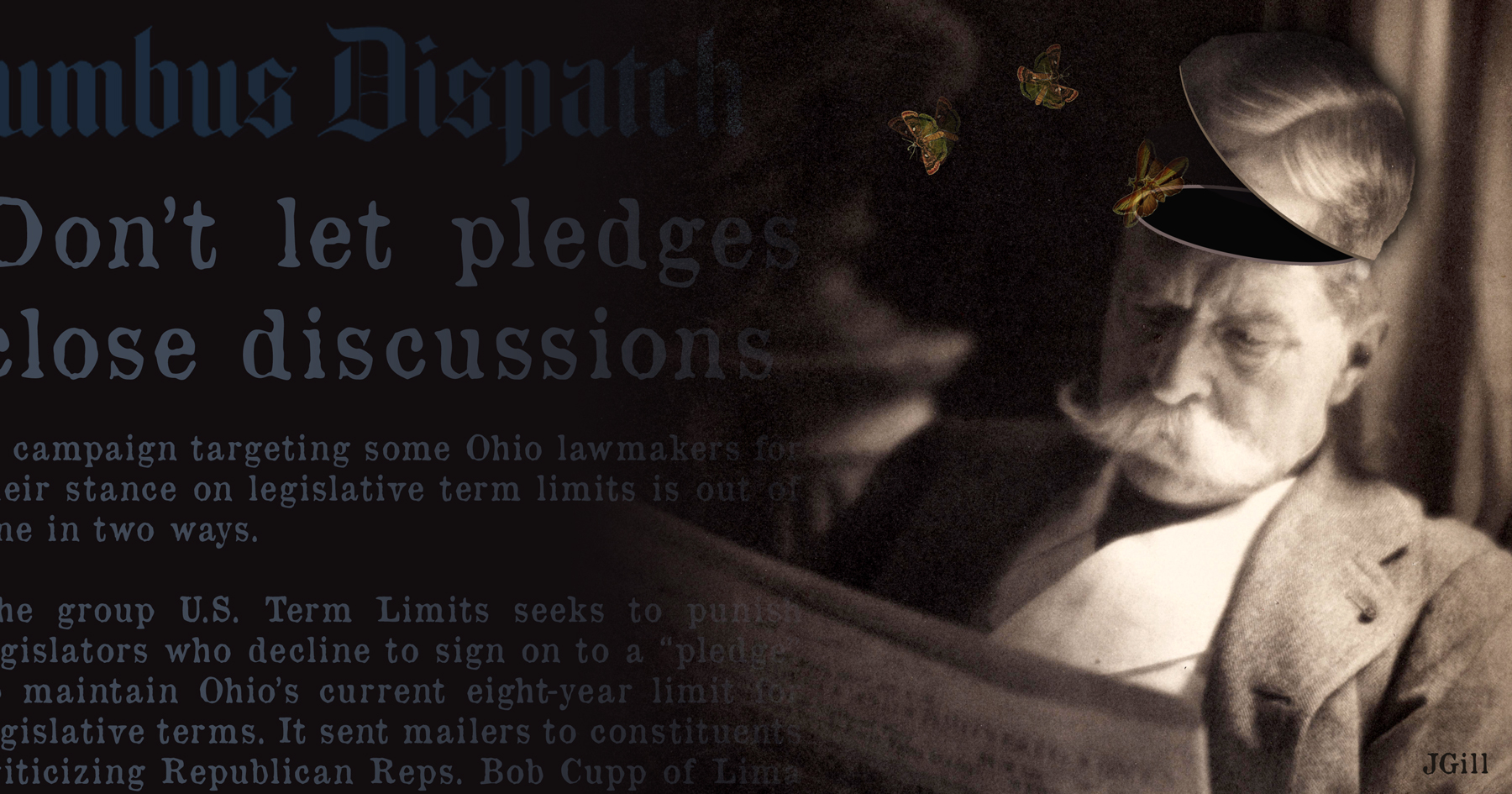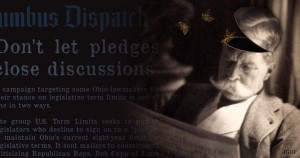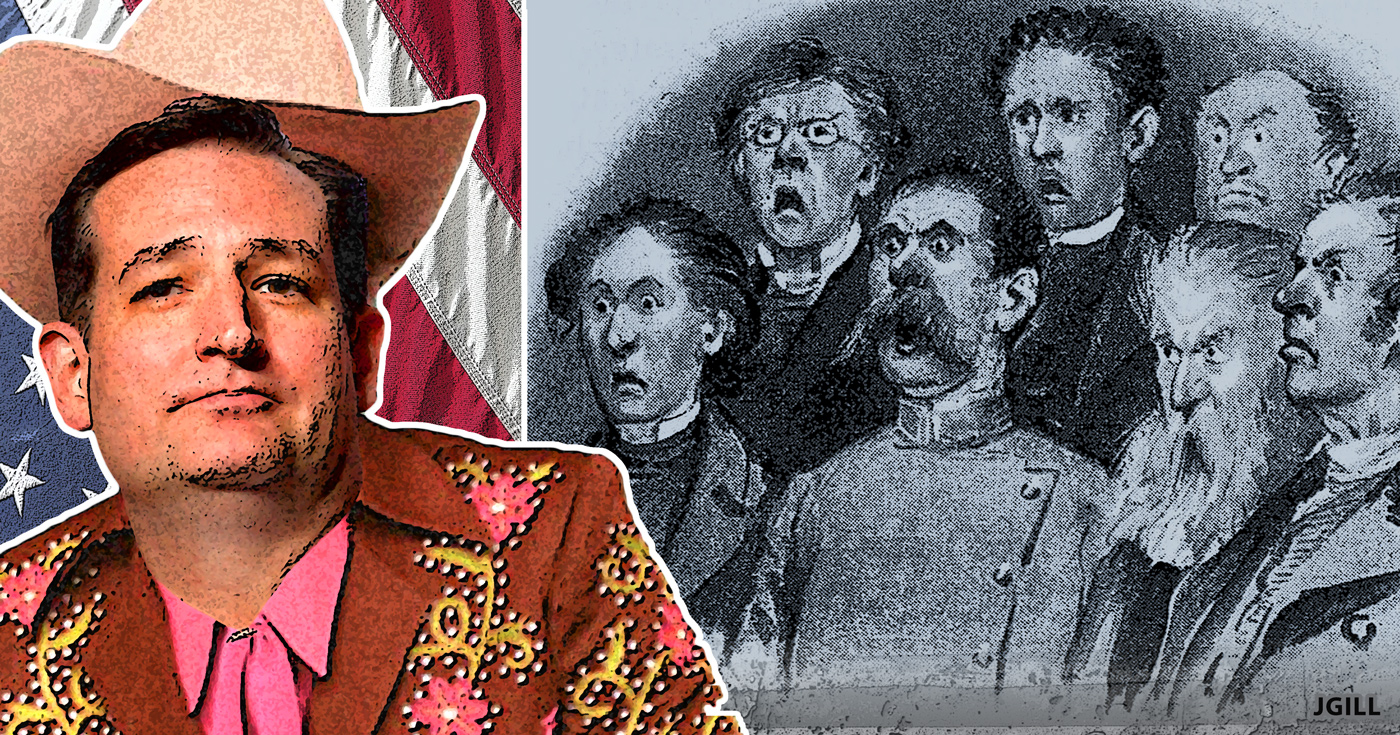Earlier in the week, I noted how media manipulation of presidential poll results by not considering the Johnson and Stein campaigns distorting the race. I speculated why journalists would do such a thing, but didn’t have space for an exhaustive list.
But it’s clear that one of the things journalists aim to do is retain their once-vaunted position as gatekeepers, as the idea-people and fact-dispersers who define the terms of allowable debate.
By ignoring the competition, they narrow the terms of this year’s presidential campaign, allowing their inexplicable favorite, Hillary Clinton, an advantage going to the polls.
But poll taking and reporting is not the half of it. Tim Graham, writing at Newsbusters, notes how the Gray Lady rigs the intellectual field. “The New York Times appears to be playing games again with conservative authors, trying to keep them off its vaunted (and secretively manipulated) Best Sellers list. This has happened to Ted Cruz, to Dinesh D’Souza, and to David Limbaugh.”
And now, Graham tells us, it’s happening to Wall Street Journal columnist Kimberley Strassel, whose new book, The Intimidation Game: How the Left Is Silencing Free Speech, has been doing gangbusters on BookScan’s bestseller list.
The new exposé is sixth on BookScan’s hardcover list. But it’s not even made an appearance on the Times’ “list of the top 20 hardcover bestsellers, despite outselling books that did make the list.”
Would the Gray Lady dare manipulate the figures … just to suppress an idea it doesn’t like?
That is, the idea that the Left suppresses speech.
It’s almost too rich to be true.
This is Common Sense. I’m Paul Jacob.










